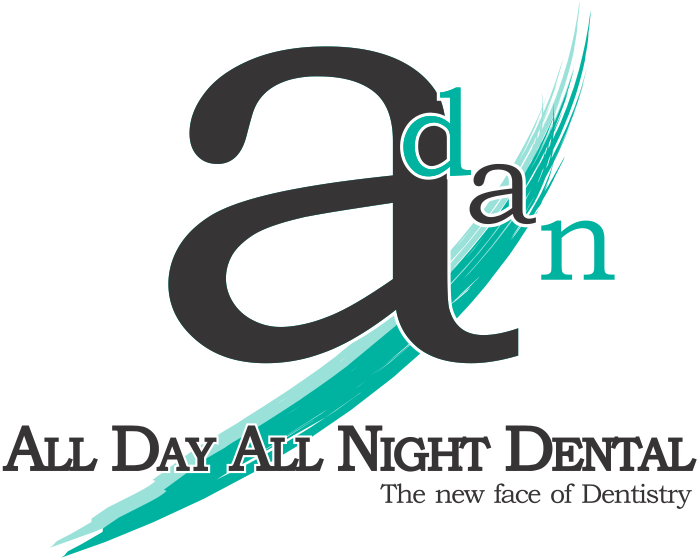Pediatric Dentistry
Children should visit a dentist for the first time within 6 months of the eruption of the first primary tooth, and no later than age 12 months. The goals of the visit are to assess risk for tooth decay, provide anticipatory guidance, respond to questions parents may have about oral health and development, initiate prevention practices, and schedule the next visit.
During a child’s early visits to the dentist, the dentist and dental hygienist can also assess tooth and jaw development and check for problems. By taking their child to the dentist early, parents learn how to care for their child’s teeth. Children, in turn, learn the importance of good oral health care and view visiting the dentist as a positive experience.

Dentistry for Children
Oral Hygiene Practices for children
Begin cleaning an infant’s gums with a soft infant toothbrush and water after feedings even before the teeth erupt.
• Begin cleaning an infant’s teeth as soon as the first tooth erupts, usually around age 6 to 10 months. Use a soft infant toothbrush that is easy for the parent to hold and small enough to fit in the infant’s mouth. Lift the lips to brush the front and back of the teeth and at the gum line.
• Brush an infant’s or child’s teeth two to three times a day, preferably after eating. Brushing before bed is most important. Remember not to give the infant or child anything to eat or drink (except water) after brushing at night.
• To brush an infant’s teeth, the infant should be seated in the parent’s lap, with both facing in the same direction. To brush a child’s teeth, the parent should stand or sit behind the child, with both facing a mirror.
• For infants and children under age 2, brush the teeth with plain water. For infants and children at increased risk for tooth decay, consult with a dentist or physician about brushing their teeth with fluoridated toothpaste. (See Module 2, sections 2.1 and 2.2.)
• For children ages 2 and above, brush the child’s teeth with no more than a pea-sized amount (small smear) of fluoridated toothpaste. Make sure the child spits out the toothpaste after brushing, but do not have the child rinse with water. The small amount of fluoridated toothpaste that remains in the mouth helps build strong healthy teeth.
• Young children will want to hold the toothbrush and participate in toothbrushing, but they cannot clean their teeth well without parental help. After children have fine motor skills (for example, the ability to tie their shoelaces), typically by age 7 or 8, they can clean their teeth well on their own but should be supervised.
Feeding and Eating Practices
• Do not put the infant or child to sleep with a bottle or sippy cup or allow frequent and prolonged bottle feedings or use of a sippy cup containing beverages high in sugar (for example, fruit drinks, soda, or fruit juice), milk, or formula during the day or at night.
• Do not use a bottle to calm an infant or to put an infant to bed. Instead of a bottle try:
o Giving the infant a favorite blanket or toy
o Offering the infant a clean pacifier
o Holding, patting, or rocking the infant
o Reading to the infant
o Softly talking or singing to the infant
• If an infant is accustomed to being put to bed with a bottle, offer a bottle filled with plain water. If the infant does not adapt initially to the plain water, it may be necessary to fill the bottle with a mixture of juice and water, reducing the amount of juice slightly each night until only water is used.
• Hold the infant or child while feeding. Never prop a bottle (that is, use pillows or any other objects to hold a bottle in the infant’s mouth).
• Never add cereal to a bottle. This causes sugary fluids to pool around the teeth and can also cause choking if the infant is unable to swallow the extra food. Instead, always feed infants and children solid foods with a spoon or fork, or, if the infant or child is coordinated enough, encourage self-feeding.
• Introduce a small cup when the infant can sit up without support.
• As the infant begins to eat more solid foods and drink from a cup, the infant can be weaned from the bottle. Begin to wean the infant gradually, at about 9 to 10 months. By 12 to 14 months, most infants can drink from a cup.
• Do not dip pacifiers in sweetened foods like sugar or honey.
• Serve age-appropriate healthy snacks such as fruit, vegetables, grain products (especially whole grain), and dairy products instead of foods high in sugar such as candy, cookies, or cake.
• Offer snacks at regular times between meals only. If a child snacks frequently, brush the child’s teeth three times a day.
• Make sure the child drinks plenty of water throughout the day, especially between meals and snacks.
• Don’t offer food in return for good behavior. This teaches children that foods are rewards and can lead to the development of unhealthy habits.
What is Fluoride, and Who Needs It?
Fluoride is a mineral that enhances tooth and bone health when provided in optimal amounts throughout life. Fluoride increases tooth resistance to tooth decay, primarily through topical effects. Fluoride occurs naturally in groundwater. It is also commonly found in foods such as breads and beverages that are made using fluoridated water and in many public fluoridated water supplies. Tooth decay can be reduced by 50 to 70 percent with exposure to the proper amounts of fluoride.
Water fluoridation is one of the best examples of a public health preventive intervention at the community level. All infants and children who drink fluoridated water benefit from systemic ingestion by incorporating fluoride into their developing teeth, as well as from important topical effects. Unfortunately, many families live in communities without fluoridated water, and many use multiple or alternative sources of water (for example, bottled or processed water), complicating the delivery of fluoride to infants and children.
Topical fluoride is probably the most important method of preventing tooth decay. Topical fluoride reaches the teeth directly, slowing down or preventing the development of tooth decay. Topical fluoride works best when it is ingested in very small amounts many times a day through water, foods containing fluoride, and fluoridated toothpaste.
Almost all toothpaste manufactured provides topical fluoride. Unless a dentist or physician advises otherwise, fluoridated toothpaste should be introduced at around age 2.
Another form of topical fluoride is professionally applied fluoride (including gels, foams, and varnish), which renews the high levels of fluoride in the enamel. Topical fluoride may be especially effective for children at high risk for tooth decay because they lack fluoridated water, have a history of tooth decay, snack frequently on foods high in sugar, or have a medical condition that makes them susceptible to decay. Only a dentist, dental hygienist, physician, or other qualified health professional should apply topical fluoride.
Baby Bottle Tooth Decay
Baby Bottle Tooth Decay (BBTD) is caused by prolonged contact with almost any liquid other than water. This can happen from putting her to bed with a bottle of formula, milk, juice, soft drinks, sugar water, sugared drinks, etc. Allowing her to suck on a bottle or breastfeed for longer than a mealtime, either when awake or asleep, can also cause BBTD.
When liquid from a baby bottle builds up in the mouth, the natural or added sugars found in the liquid are changed to acid by germs in the mouth. This acid then starts to dissolve the teeth (mainly the upper front teeth), causing them to decay.
Baby Bottle Tooth Decay can lead to severe damage to your child’s baby teeth and can also cause dental problems that affect her permanent teeth.
But there are steps you can take to prevent Baby Bottle Tooth Decay.
Keep these pointers in mind as you care for your child’s teeth:
• Never put your child to bed with a bottle. By 7 or 8 months of age, most children no longer need feedings during the night. Children who drink bottles while lying down also may be more prone to getting ear infections.
• Only give your baby a bottle during meals. Do not use the bottle as a pacifier; do not allow your child to walk around with it or to drink it for extended periods. These practices not only may lead to BBTD, but children can suffer tooth injuries if they fall while sucking on a bottle.
• Teach your child to drink from a cup as soon as possible, usually by 1 year of age. Drinking from a cup does not cause the liquid to collect around the teeth, and a cup cannot be taken to bed. If you are concerned that a cup may be messier than a bottle, especially when you are away from home, use one that has a snap-on lid with a straw or a special valve to prevent spilling.
• Keep your baby’s mouth clean. This is an important part of preventing tooth decay. After feedings, gently brush your baby’s gums and any baby teeth with a soft infant toothbrush.
• Use water and a soft child-sized toothbrush for daily cleaning once your child has 7 to 8 teeth.
By the time your toddler is 2 years of age, you should be brushing his teeth once or twice a day, preferably after breakfast and before bedtime. Once you are sure your child will spit, and not swallow, toothpaste, you should begin using a fluoride toothpaste. Use a pea-sized amount of toothpaste to limit the amount he can accidently swallow.
Why Choose Us?
Based on scientific evidence and extensive clinical experience, we deliver treatment advice ethically, with professionalism, trust and understanding. By tailoring treatment to the individual – we look at what is important for you – to protect your dentition and your health.
We value providing a positive dental experience, promptly. Our team utilizes the latest dental technology, with gentle techniques, in a comfortable environment. Feel confident about attending to your dental health needs at our practice.
Appreciate that technological advances in dentistry are integral to excellent dental care in modern times. Our commitment to advanced treatment modalities, together with the economies of scale of a practice the size of ours, has enabled us to purchase and maintain the very best technological tools. This significant drawcard attracts the best clinicians to our practice. They are motivated by having at their fingertips all of the advanced and fully tested technology available. You and your family can be the beneficiaries of “the best people using the best equipment”.

All Day All Night Dental Services
Get In Touch With Us
Mascot: (02) 9317 2222
Book An Appointment
Book a visit to All Day All Night Dental, simply fill out the form below and we will contact you back regarding the dental services you require.
More ADAN Dental Services
All Day All Night Dental is The New Face of Dentistry both Today and tomorrow, priding itself on being easily accessible, always helpful, caring and genuine. Our Focus is on quality and thoroughness in both Preventative and Restorative Dentistry.
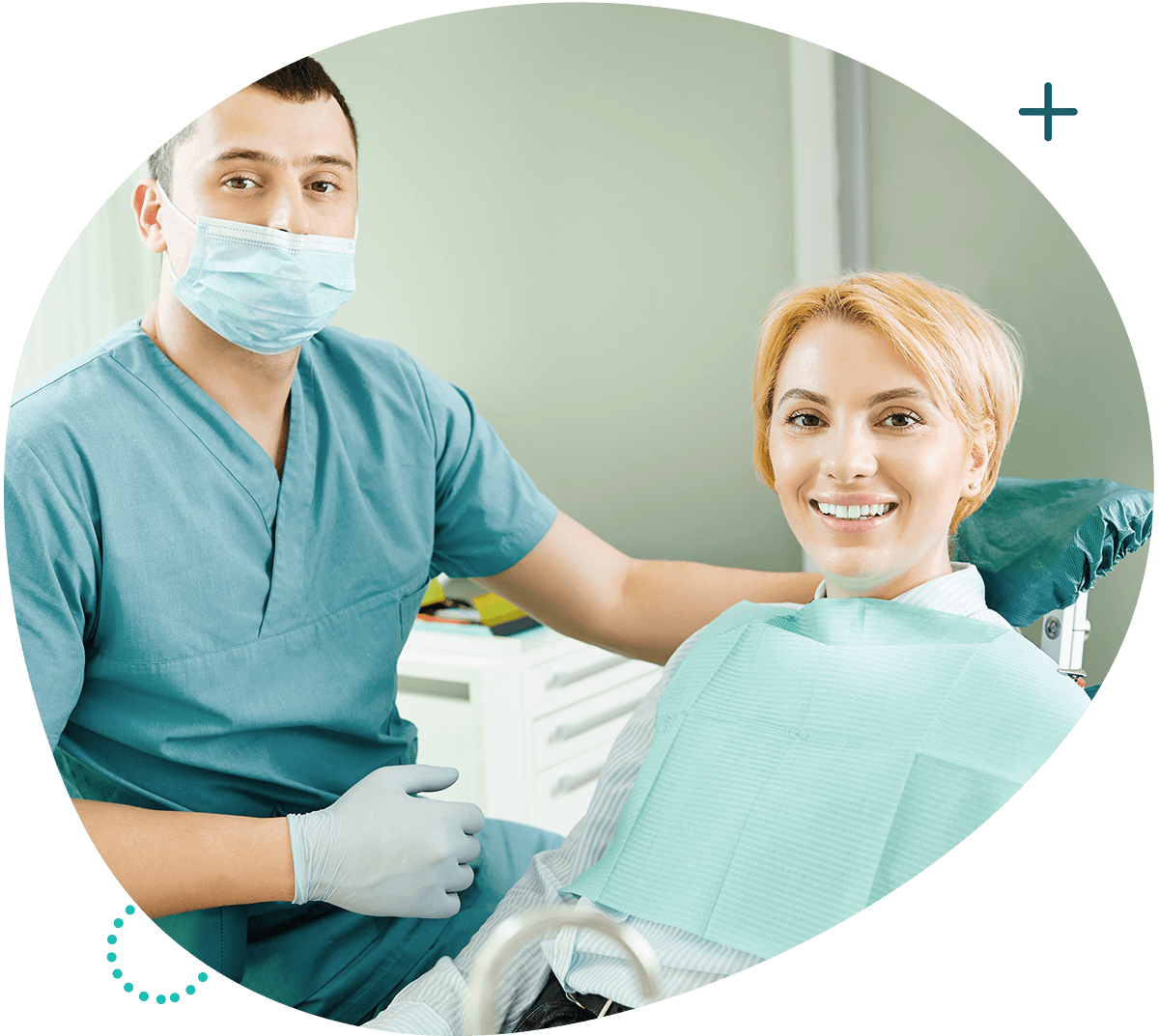
General Dentistry
Going to the dentist regularly helps in several ways. For a start, you get to know the dentist, the staff and the routine. But, most importantly, you catch problems early when they are simple and easy to treat.
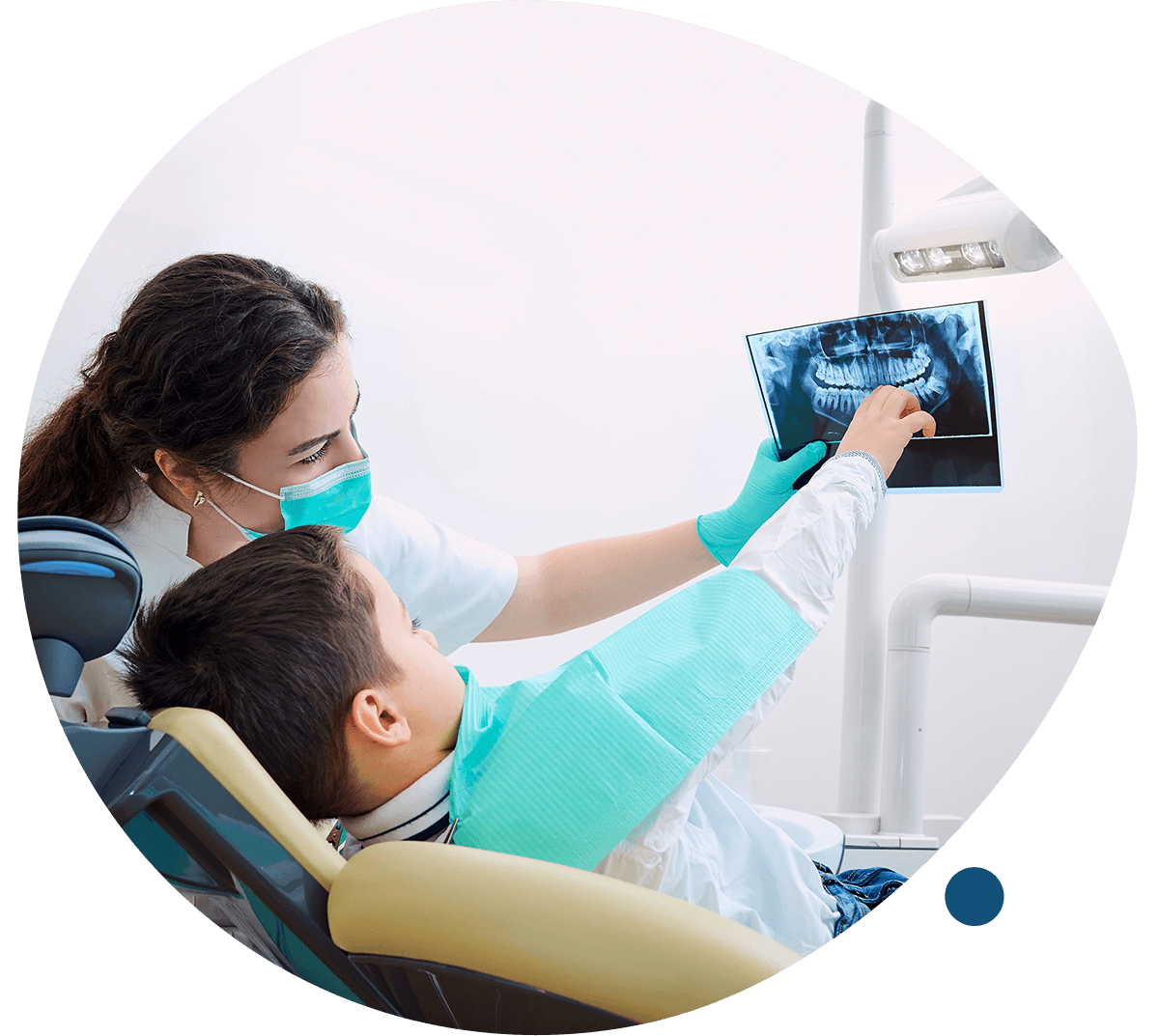
Emergency Dentistry
Today, dentists have many options for dealing with dental emergencies. Now you can benefit from advances in pain management and techniques to restore teeth. Teeth can be repaired with synthetic materials that are strong and look as good as your natural teeth.
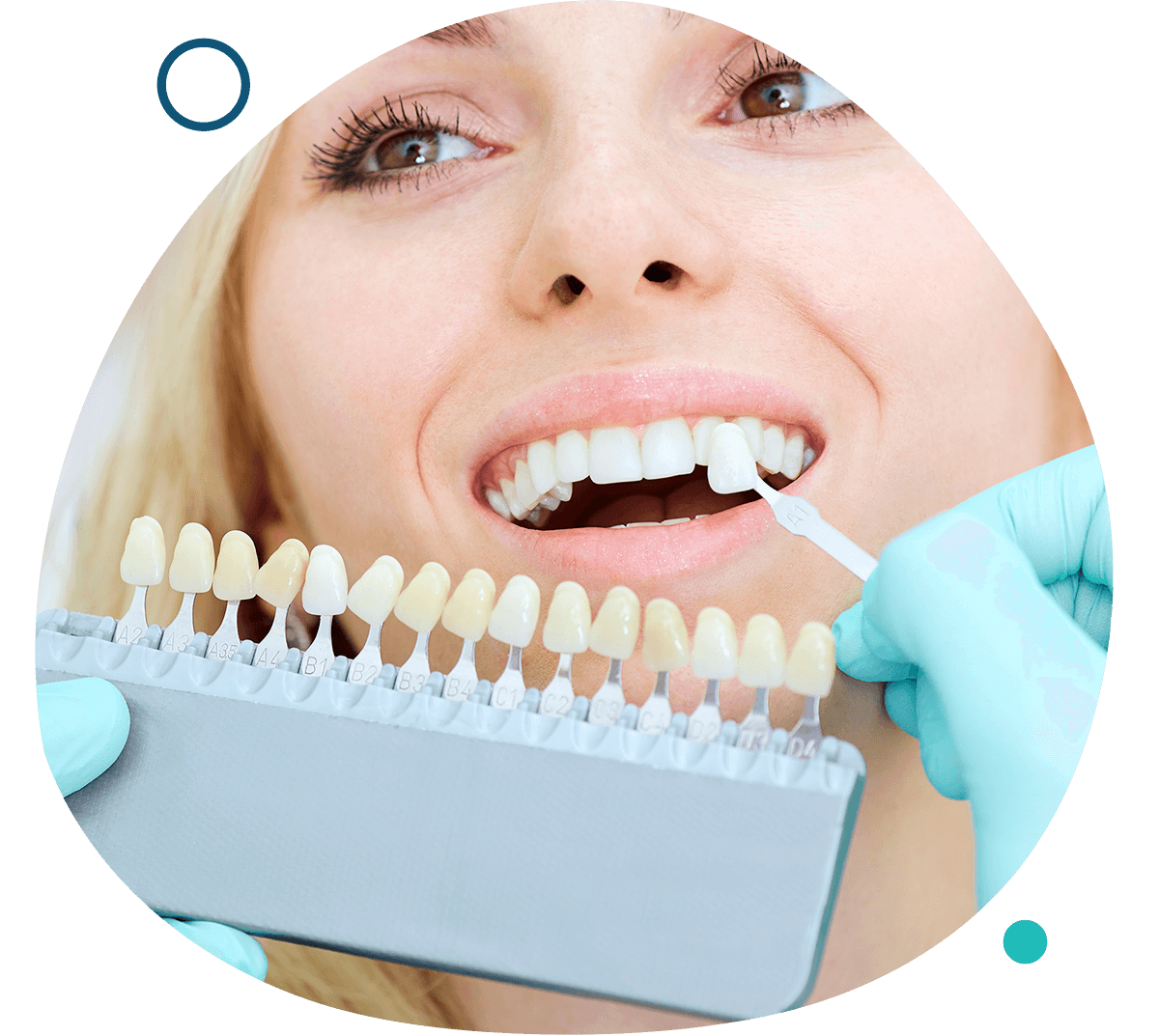
Cosmetic Dentistry
A smile can be the most eye-catching feature of a face. With dentistry’s many advances, you no longer have to settle for stained, chipped, or misshapen teeth. You now have choices that can help you smile with confidence.
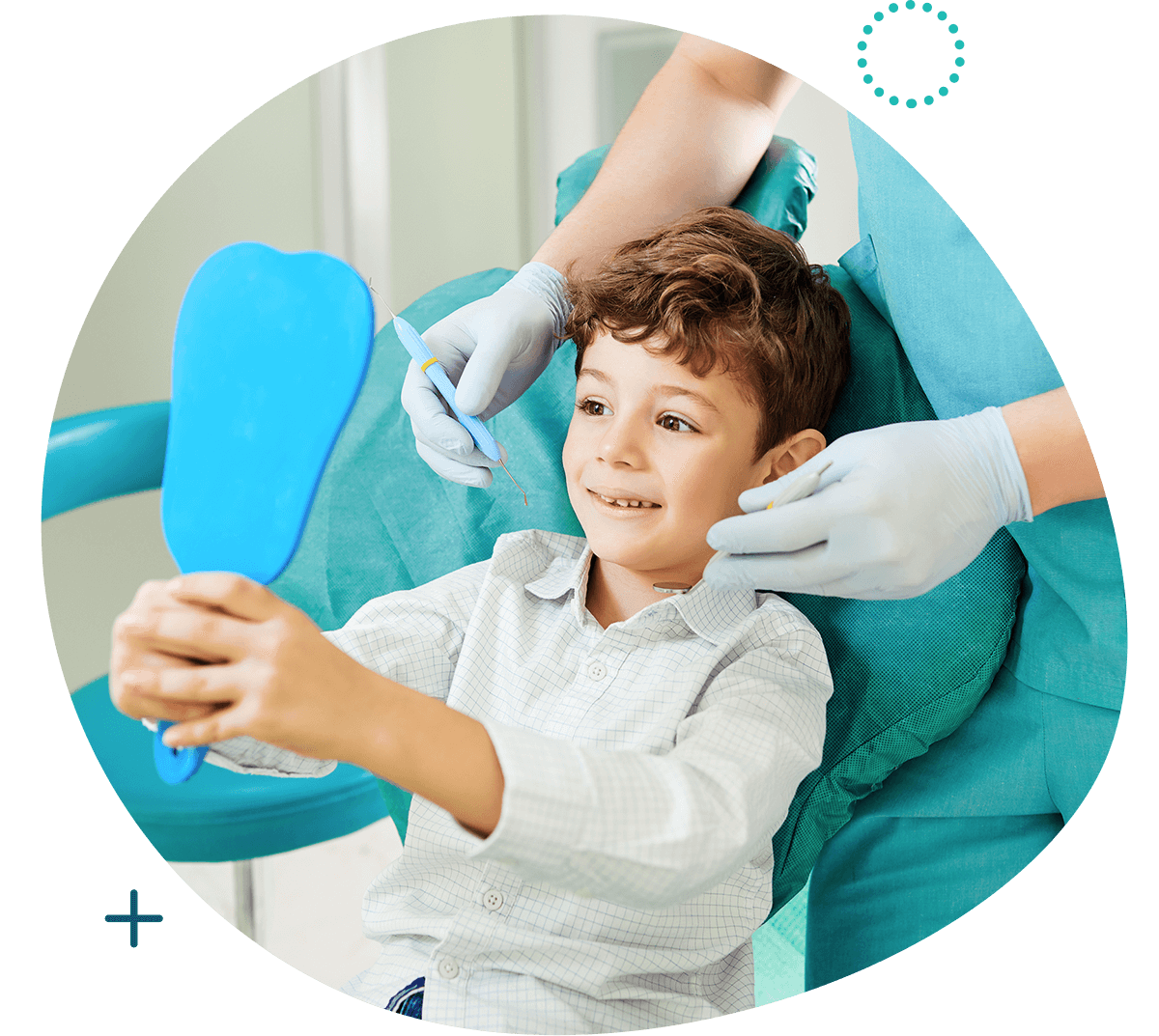
Pediatric Dentistry
Children should visit a dentist for the first time within 6 months of the eruption of the first primary tooth, and no later than age 12 months. The goals of the visit are to assess risk for tooth decay and provide anticipatory guidance.
